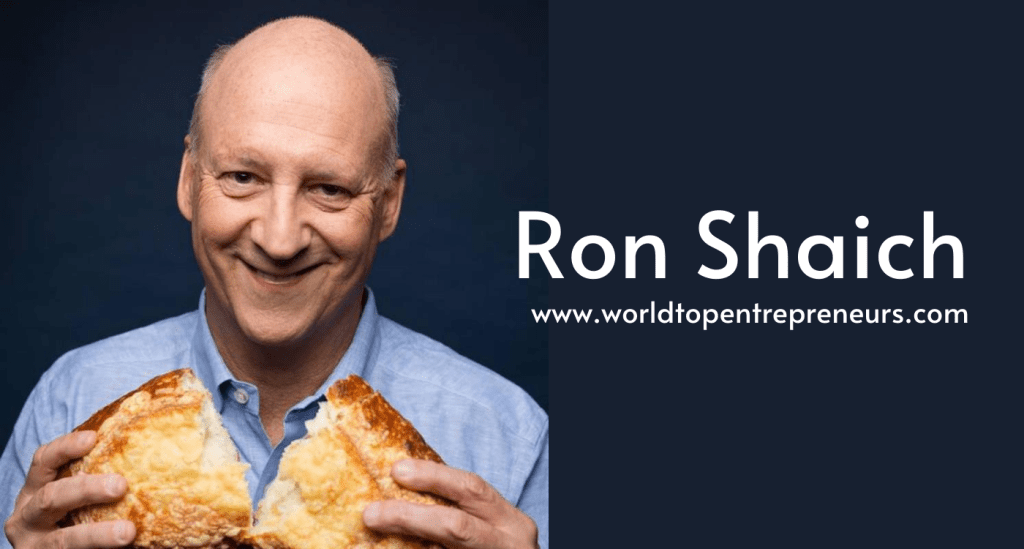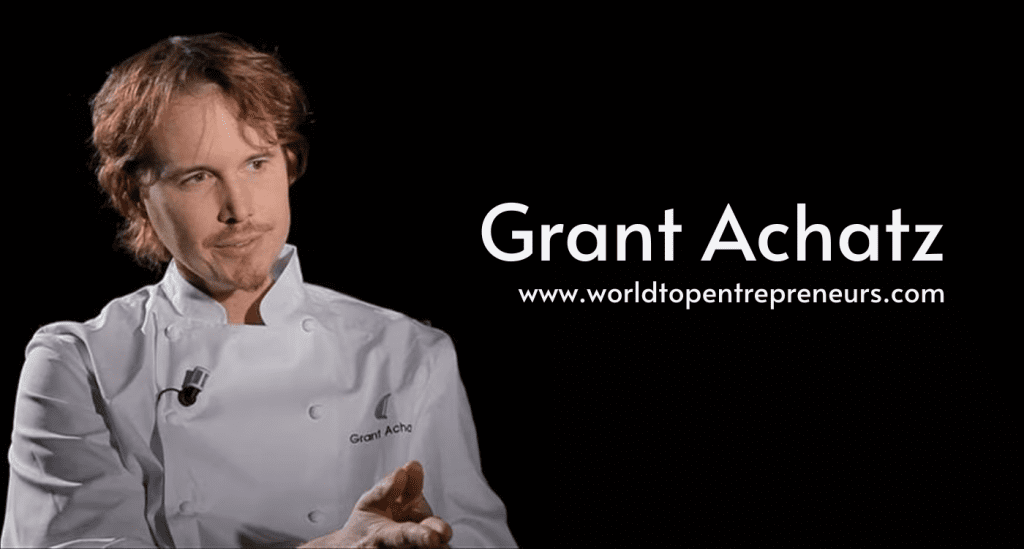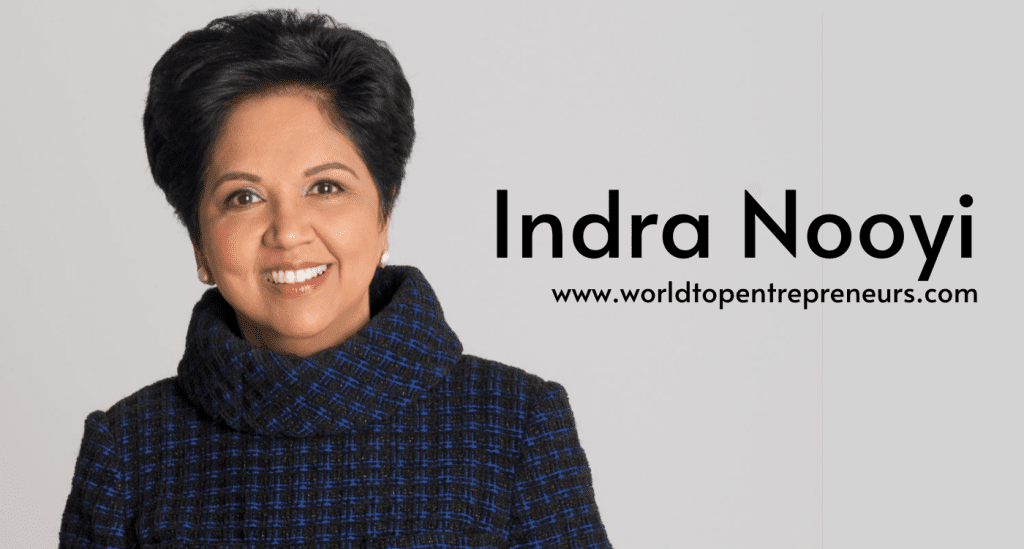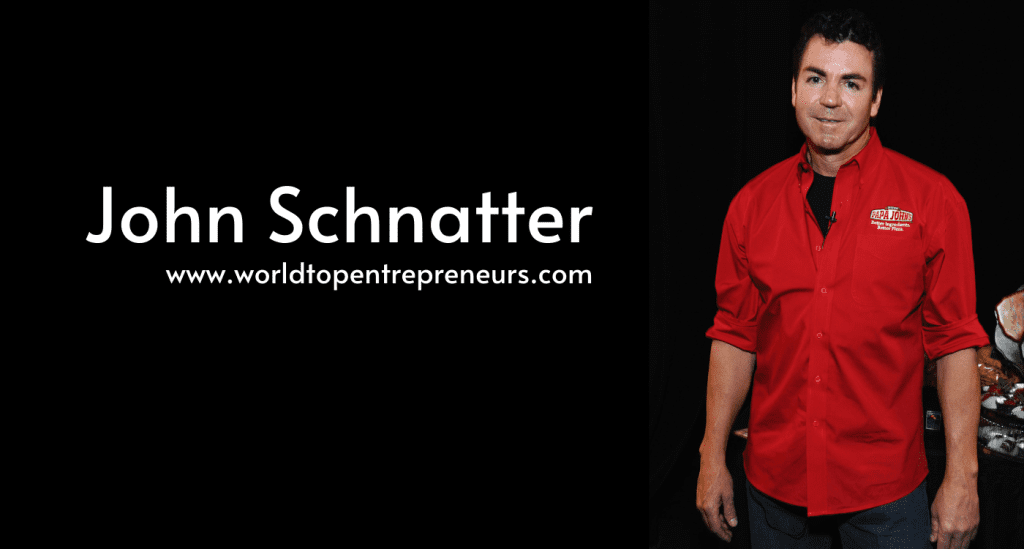Ron Shaich, the co-founder and former CEO of Panera Bread, is a figure who has made significant strides in the world of business and entrepreneurship. His journey is not just a tale of building a successful chain of bakery-cafés, but a story of vision, innovation, and resilience. This narrative delves into Shaich’s life, the founding of Panera Bread, his business philosophy, and his impact on the food industry.
Early Life and Education
Ron Shaich’s journey began in the suburbs of Boston. Born in 1954, Shaich was raised in a family that valued hard work and determination. His parents, both educators, instilled in him a deep respect for learning and a strong work ethic. From a young age, Shaich exhibited a keen interest in business and entrepreneurship, often taking on various jobs to earn extra money and learn about the world of work.
After graduating from high school, Shaich attended Clark University in Worcester, Massachusetts, where he majored in history. Although his major might not have seemed directly related to business, Shaich’s time at Clark was formative. He was involved in various student activities and developed a knack for leadership and organization. His academic experiences and extracurricular activities provided him with a broad perspective on the world and helped shape his entrepreneurial mindset.
The Birth of Panera Bread
The story of Panera Bread began in 1981 when Ron Shaich and his business partner, Arthur F. Coviello, acquired a small bakery in Boston. This bakery, named Au Bon Pain, was struggling at the time. Shaich and Coviello saw potential where others saw problems. They decided to invest in the bakery, and with a lot of hard work and creativity, they turned it around.
Their vision was not just to run a bakery but to create a new kind of dining experience. They wanted to offer high-quality, freshly baked bread in a comfortable, inviting atmosphere. This vision led to the creation of Panera Bread. The name “Panera” is derived from the Latin word for bread, “panis,” combined with the Spanish word for “bread,” “pan,” reflecting a blend of cultural influences that Shaich and his team hoped would resonate with a diverse customer base.
The early years were challenging. Shaich and his team faced numerous obstacles, including financial difficulties and competition from established chains. However, their commitment to quality and innovation helped them navigate these challenges. They focused on providing a unique dining experience that combined great food with a warm, welcoming atmosphere. This approach quickly resonated with customers, and Panera Bread began to gain traction.
Innovation and Growth
One of the key factors behind Panera Bread’s success was its commitment to innovation. Shaich understood that in order to stand out in the competitive food industry, he needed to constantly evolve and adapt. This mindset led to several groundbreaking initiatives that set Panera Bread apart from its competitors.
One of the most notable innovations was Panera Bread’s emphasis on fresh, high-quality ingredients. Shaich and his team were determined to offer products made from scratch, using only the best ingredients. This commitment to quality extended beyond the food itself; it was reflected in the company’s approach to customer service and store design. Panera Bread locations were designed to be comfortable and inviting, with a focus on creating a relaxed, café-like atmosphere where customers could enjoy their meals.
Another key innovation was the introduction of Panera Bread’s “bread bowl” concept. This idea involved serving soups in freshly baked bread bowls, which not only enhanced the dining experience but also helped to differentiate Panera Bread from other fast-casual restaurants. The bread bowls became a signature item on the menu and contributed to the company’s growing popularity.
Shaich also recognized the importance of technology in the modern business world. Under his leadership, Panera Bread invested in various technological advancements to improve operational efficiency and enhance the customer experience. This included the implementation of a sophisticated point-of-sale system, which allowed for more accurate inventory management and streamlined operations. Additionally, Panera Bread was an early adopter of online ordering and delivery services, which helped to meet the evolving needs of customers.
The company’s growth was rapid. By the mid-1990s, Panera Bread had expanded beyond its initial Boston location and began opening new stores across the country. This expansion was driven by a combination of factors, including strong brand recognition, a loyal customer base, and a commitment to maintaining high standards of quality. Panera Bread’s success continued into the 2000s, and by the end of the decade, the company had established itself as one of the leading chains in the fast-casual dining segment.
Business Philosophy and Leadership
Ron Shaich’s approach to business and leadership is a central element of his success story. His philosophy was rooted in a few core principles that guided his decisions and shaped the culture of Panera Bread.
One of Shaich’s key beliefs was the importance of creating a strong, positive company culture. He understood that a company’s success is closely tied to the satisfaction and engagement of its employees. As a result, Shaich placed a strong emphasis on fostering a supportive and collaborative work environment. He encouraged open communication, recognized the contributions of his team members, and provided opportunities for professional development. This focus on employee well-being helped to create a motivated and dedicated workforce, which in turn contributed to the company’s success.
Another important aspect of Shaich’s business philosophy was his commitment to innovation and continuous improvement. He believed that in order to stay ahead in the competitive food industry, Panera Bread needed to constantly evolve and adapt. This mindset drove the company’s approach to product development, customer service, and operational efficiency. Shaich was not afraid to take risks and experiment with new ideas, and this willingness to innovate helped to keep Panera Bread at the forefront of the industry.
Shaich was also known for his strategic thinking and long-term vision. He understood that building a successful company required not only a strong foundation but also a clear sense of direction and purpose. Under his leadership, Panera Bread focused on setting ambitious goals and working towards them with determination and perseverance. This strategic approach helped the company navigate challenges and seize opportunities for growth.
Challenges and Resilience
Despite its success, Panera Bread faced its share of challenges along the way. The food industry is highly competitive, and the company had to contend with various obstacles, including economic downturns, changing consumer preferences, and increased competition from other fast-casual and quick-service restaurants.
One of the significant challenges Panera Bread faced was the economic downturn of the late 2000s. The recession had a widespread impact on the restaurant industry, leading to decreased consumer spending and tighter budgets. During this period, Panera Bread had to navigate a challenging economic environment while maintaining its commitment to quality and innovation. The company’s focus on providing value to customers and staying true to its core principles helped it weather the storm and emerge stronger.
Another challenge was the ever-evolving landscape of consumer preferences. As food trends changed and new dietary preferences emerged, Panera Bread had to adapt its menu and offerings to meet the demands of its customers. This included introducing new items, such as healthier options and vegetarian choices, to cater to a diverse range of tastes and preferences. The company’s ability to stay relevant and responsive to changing consumer needs was a testament to its resilience and adaptability.
In addition to external challenges, Panera Bread also faced internal challenges related to growth and expansion. As the company scaled its operations, it had to manage the complexities of maintaining consistency and quality across a large number of locations. This required effective communication, robust training programs, and a strong focus on operational excellence. Despite these challenges, Panera Bread was able to maintain its high standards and continue delivering a positive customer experience.
The Legacy of Ron Shaich
Ron Shaich’s impact on Panera Bread and the food industry is significant and far-reaching. Under his leadership, Panera Bread grew from a small bakery into a major player in the fast-casual dining segment. His commitment to quality, innovation, and employee well-being helped to shape the company’s success and set it apart from its competitors.
Shaich’s legacy extends beyond the success of Panera Bread. His approach to business and leadership has influenced other entrepreneurs and business leaders, serving as a model for how to build and sustain a successful company. His emphasis on creating a positive company culture, fostering innovation, and maintaining a clear vision are principles that continue to resonate in the business world.
Even after stepping down as CEO of Panera Bread, Shaich remained active in the business community. He continued to share his insights and experiences through speaking engagements, mentorship, and involvement in various ventures. His contributions to the food industry and his commitment to fostering positive change have left a lasting impact on both the companies he led and the broader business landscape.
Conclusion
Ron Shaich’s journey from a young entrepreneur with a vision to the leader of a successful chain of bakery-cafés is a testament to the power of determination, innovation, and resilience. His story is one of overcoming challenges, seizing opportunities, and building a company that has made a significant mark on the food industry.
Through his work with Panera Bread, Shaich demonstrated that success is not just about financial achievement but also about creating a meaningful and positive impact on people’s lives. His legacy continues to inspire and guide those who strive to make a difference in the world of business and beyond.





















